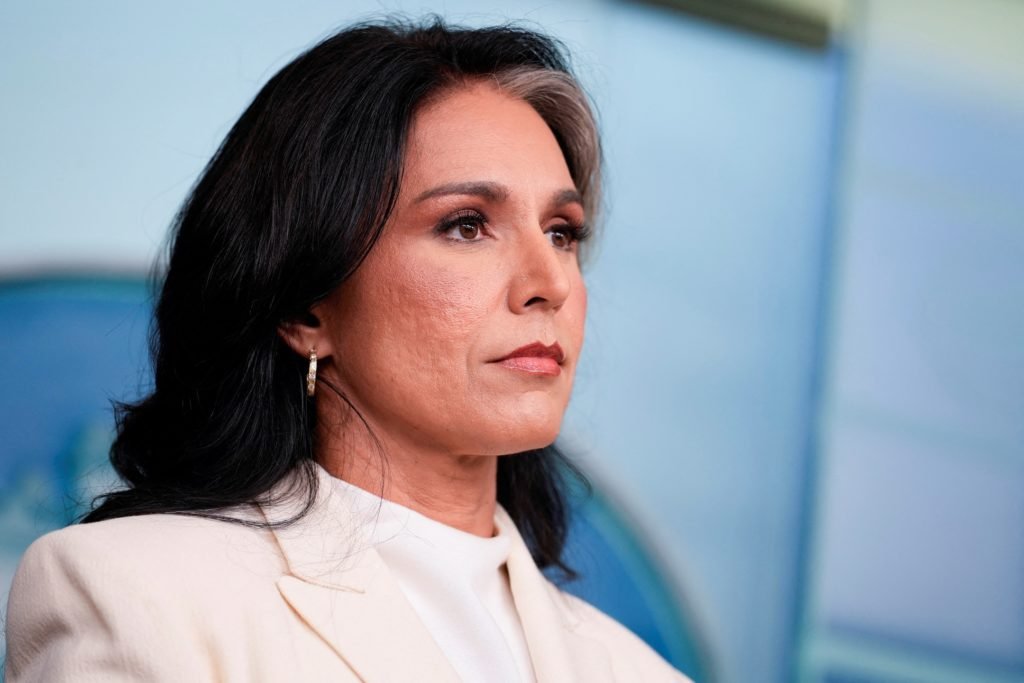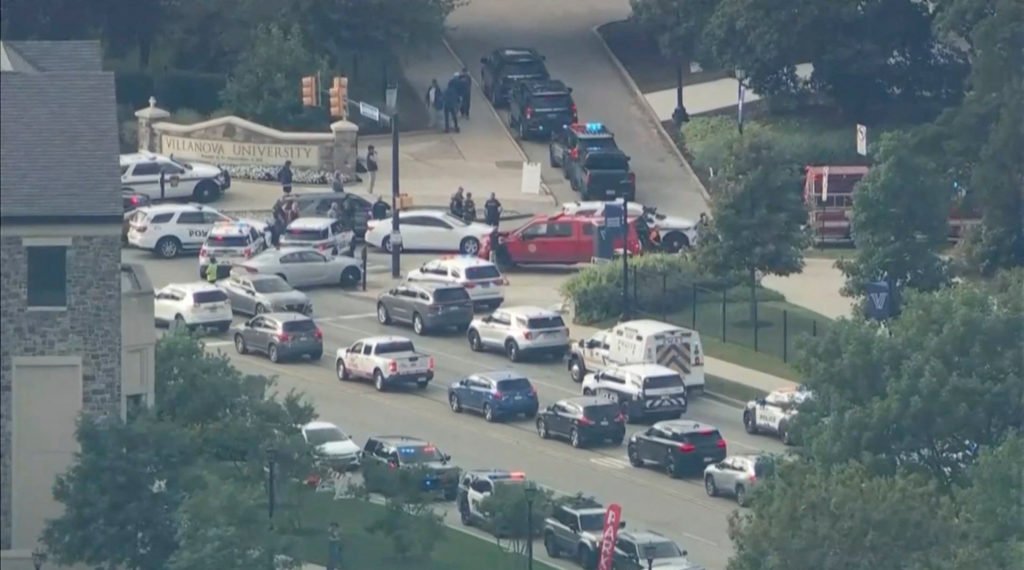Amna Nawaz :
The Trump administration announced yesterday that the Office of the Director of National Intelligence, or ODNI, would have its staff cut by 40 percent for a cost savings, they say, of more than $700 million a year.
Tulsi Gabbard, the director of national intelligence, said — quote — “Over the last 20 years, ODNI has become bloated and inefficient, and the intelligence community is rife with abuse of power, unauthorized leaks of classified intelligence, and politicized weaponization of intelligence.”
The ODNI was created after the September 11 attacks to better coordinate the 17 separate intelligence agencies.
To help explain the changes being made to the intelligence community, we turn now to Sue Gordon. She had a decades-long career at the CIA and was the principal deputy director of national intelligence at the ODNI from 2017 to 2019.
Sue Gordon, welcome back to the “News Hour.”
So a 40 percent staff cut, what’s your reaction to that? What kind of impact will that have?
Sue Gordon, Former U.S. Principal Deputy of National Intelligence: Well, one, thanks for having me. Great topic.
When I looked at what’s been released, I kind of had the reaction of, there’s some good, there’s some bad, and there’s some dangerous. So I think the good is, any organization that’s 20 years old, particularly a staff organization, you ought to look at it to make sure that it hasn’t grown beyond what it was intended to do.
So I think some of the things I see in there are well-placed, just make sure that they’re as efficiently done and whether they still need to be done at the ODNI now 20 years after its formation.
I think what is potentially bad is, I see no definition of what the ODNI is going to do. Like, what’s its mission? When it was first formed, it was really to do policy and oversight and to align the community. In the middle years, it was to integrate intelligence, so you had the best of all the agencies in the product.
And in the years that I was there, we were trying to do more leadership using the budget to make sure that we could invest across the community in artificial intelligence and make a move to China. Well, what is this ODNI going to be? And if you don’t know what it’s going to be and you’re going to cut it by that much, you run the risk of damaging the foundation of what you’re going to need to support policy.
And the dangerous piece is, I’m pretty on the record here, I think the predicate for this, that the intelligence community has become malfeasant in some way or corrupt or abuse or politicized, I find that to be completely inconsistent with my 30-plus years of experience. And, more, some of the things they talk about of aligning it to a particular view of what the policy is, is antithetical to intelligence.
And the dangerous piece is, you actually make it worse.




